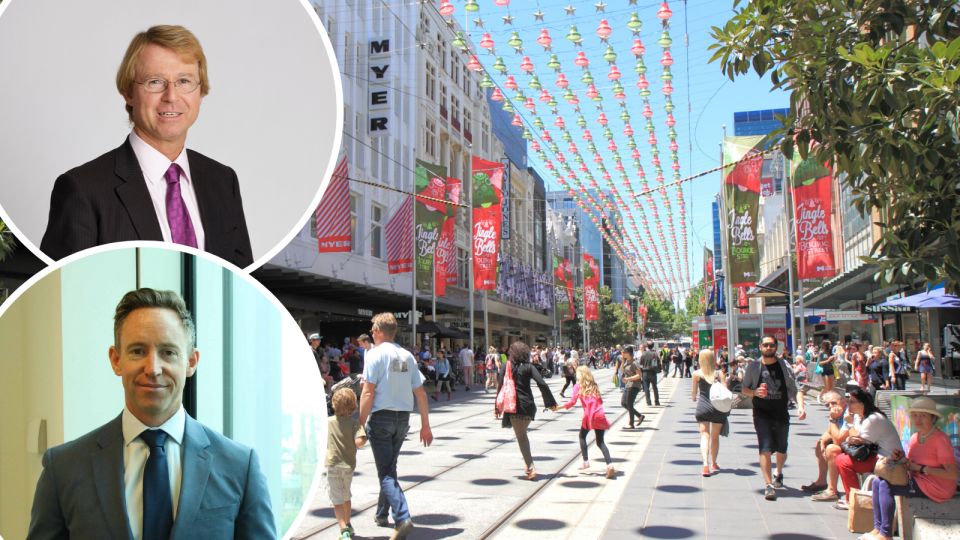What the experts expect from the share market in 2020

The Australian economy has had something of a bad run this year, but the story of the Australian stock market is another thing altogether.
The ASX200 has seen returns of over 20 per cent this year so far, and the experts are saying the Santa rally – the tendency for shares to climb up during silly season – is still to come, but that we shouldn’t be banking on the same figures going into the new decade.
“This year has been characterised by an equity market that is making record highs, but an economy growing at record lows,” noted JP Morgan Asset Management global strategist Kerry Craig.
Related story: $40bn wiped from the ASX amid overseas gloom
Related story: Australia is NOT heading for recession: Here are 9 reasons why
Related story: Google searches for 'Australia recession' have hit GFC levels
US-China trade spat continues to hit hard
The US-China trade war is something that will continue to weigh heavily on the Australian bourse, with the on-again off-again trade talks reflected keenly on the stock market.
“The reality is that since October, the Australian equity market – and others around the world – has been buoyed by the hope of resolution to the trade spat between China and the US, and that returns have been brought forward on that hope,” he said.
On Monday 3 December, $40 billion was wiped off the ASX amid renewed fears over global trade uncertainty.
“The sell-off in equities since Monday is a reminder of the danger of allowing ‘hope’ to sway investment decisions,” Craig said, adding that a deal between China and the US will eventually be struck for pragmatism’s sake.
“Will it fully elevate trade risk? No. Will it prevent the US opening up new fronts on trade with other countries? No. Will it ease some of the political uncertainty that has plagued markets this year? Yes,” he said.
Cautiously optimistic
Looking to next year, we’ll see “tentative signs” of a shift in manufacturing cycle and a long-awaited impact of the RBA rate cuts coming into effect – and this should mean higher economic growth.
“But not much higher and maybe not enough to justify the expectations that are priced into the equity market.
“This doesn’t mean we expect a collapse in the equity market, but see very limited upside to equities that have come so far this year,” Craig said – so don’t get too enthused about the stock market next year.
“We are cautious about buying into the optimism of a strong rebound in economic growth next year. This means a balanced approach to markets and ensuring a solid defence for days like today.”
Speaking to Yahoo Finance, AMP Capital head of investment Shane Oliver said Aussie shares have climbed higher than he expected this year.
“Given the run-up, shares are vulnerable to a short term pull back and I expect gains to be much slower through next year than this year as economic growth in Australia remains subdued,” he said.
“However, stronger global conditions and an eventual pick-up in Australian growth through the second half of 2020 – along with further monetary easing – are likely to see Australian shares make it to around 7000 by the end of 2020.
“This would amount to about 5 per cent capital growth from current levels and compares to 18 per cent capital growth so far this year.”

 Yahoo Finance
Yahoo Finance 

